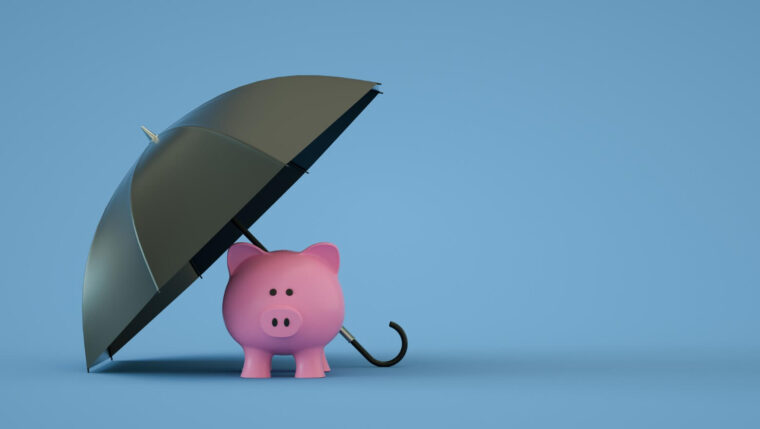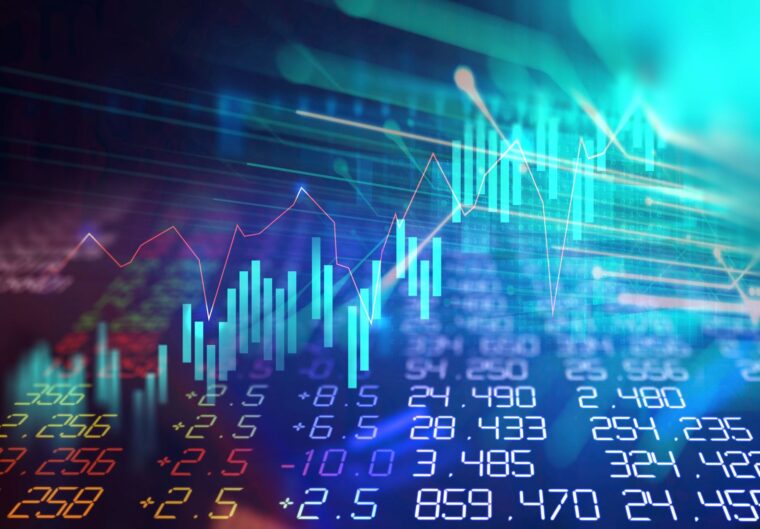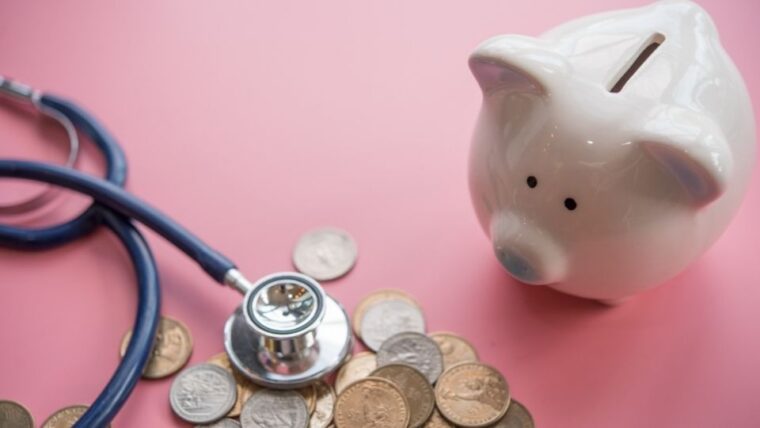As the end of 2024 approaches, you’re probably thinking a bit about your resolution for 2024. What’s your goal this year? If it’s not related to ensuring your financial security in the year to come, you might want to reevaluate your priorities.
With a lot of economic uncertainty around where we’re headed, it’s important to ensure you and your family are financially sound going into the new year. Taking charge of your finances can be tough, but one of the best ways to manage your expenses is through a checking account.
If you don’t already have a checking account, you’re in the minority—over 95% of adults in the U.S. have one. They’re easy to get, simple to use, and many are free as long as you maintain a certain minimum balance or receive direct deposit checks from your employer into the account.
1. Safety
It may seem like a no-brainer, but keeping large amounts of cash on you at all times is not the best way to keep your money safe. If you drop your wallet, you’re basically out of luck unless a good samaritan turns it in at the police station.
Large sums of money can be stored in a safe at home, but many small safes can be easily removed with the right equipment. The absolute safest thing you can do with your money is to put it into a checking account.

In addition to the risk of losing your money, you are also putting yourself at risk if it becomes known that you keep cash in your home.
Elderly individuals are often targeted for robberies because they are more likely to use cash than the younger generations. For your own safety and the safety of your financial health, toss your money into a checking account and breathe a big sigh of relief.
2. Convenience
Having a checking account makes managing your money so easy. Checking accounts usually come with a debit card, which allows you to access your money just about anywhere. Debit cards are accepted pretty much everywhere, and you can always withdraw cash from an ATM if necessary.
If your card is lost or stolen, you can quickly call your bank to freeze or cancel the card, which is impossible with cash. You can also easily transfer money to friends or family members or to another bank or credit union for a large purchase.
3. Interest

Did you know some checking accounts accrue interest? That’s right—many people think savings accounts are the only type of account that pays interest on the balance, but there is such a thing as an interest checking account.
The drawback of a savings account is that there is often a penalty for withdrawing. If you want to build some extra cash, looking for an interest checking account that suits your needs might be the right choice.
4. Financial Health
A checking account is a great way for you to monitor your own finances, but it also provides an easy portal for you to access important financial information for big purchases, such as a home.
When you log into your digital checking account, you can access all your transactions in one place. If you’ve ever purchased a home, you know that pulling your financial records is a large part of the process, and digital access to this documentation simplifies the entire process.
Having a checking account in good standing with your bank also shows the institution that you are responsible for. If you ever need a loan for a large purchase, your bank will be more inclined to offer you a great deal if they know you’re reliable and can afford to pay it off.

